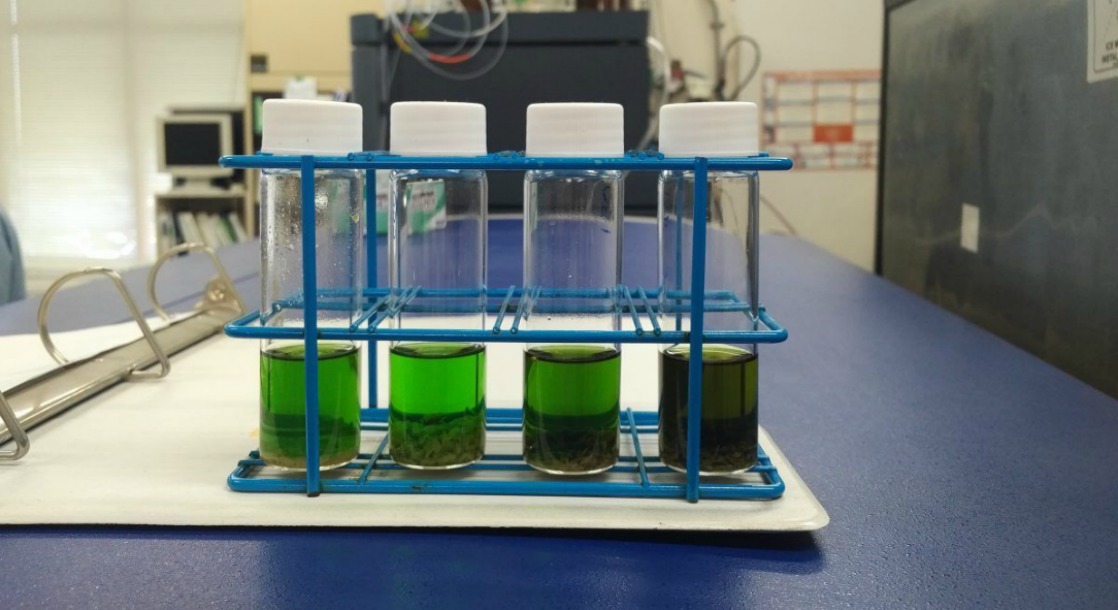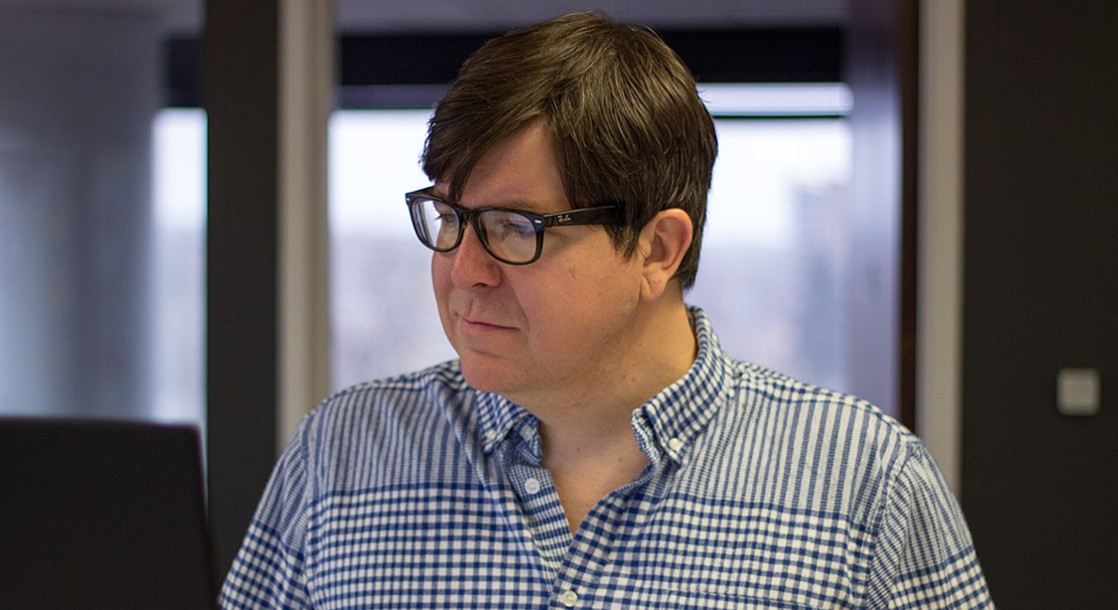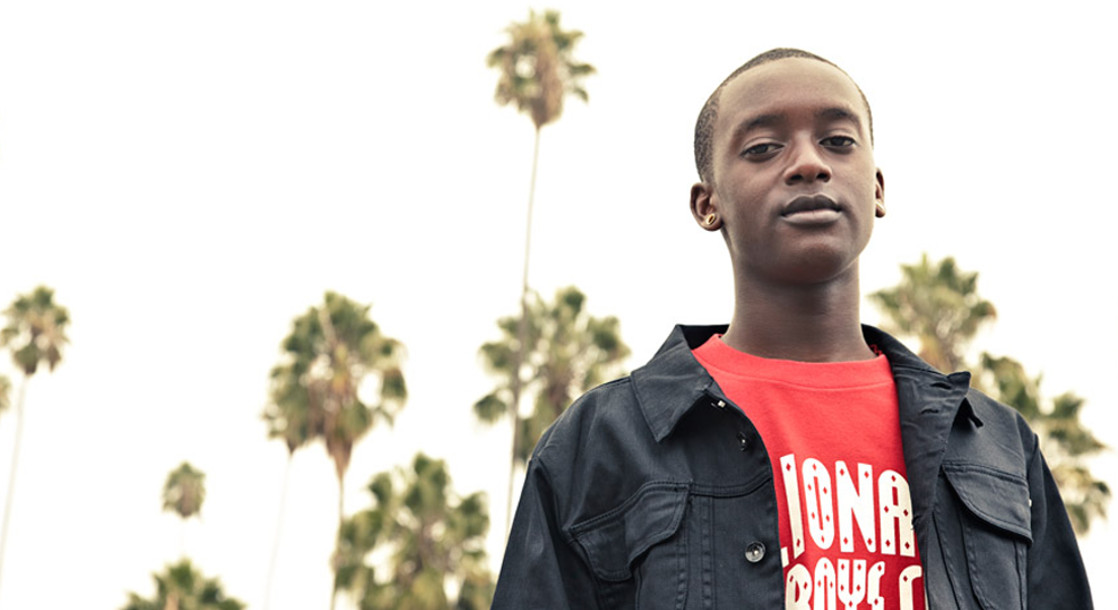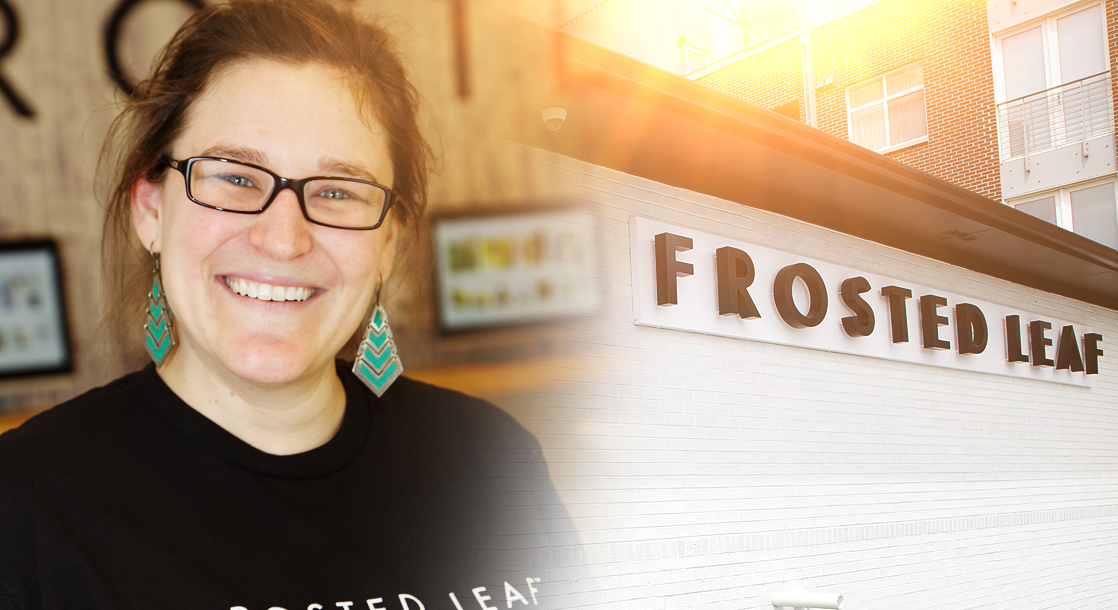For those of you lucky enough to live in states with legal retail cannabis, walking into a dispensary will usually leave you staring at gorgeous flowers and concentrates, and then reading a lot of abbreviations and percentages – THC, CBD, MG, OZ, PPM, etc. Sometimes it can be hard to pick out the right strain, concentrate or infused candy bar. Thankfully we can rely on the labeling – and the testing that influenced it – to inform our purchases. Can’t we?
According to Forbes, the same variance found in different cannabis buds can also be found in the laboratories that test them. With no standardization and few accredited labs, the THC, mold and pesticide tests your favorite flower is undergoing might not be as strenuous, or as accurate, as you might expect.
“Many of the labs will sometimes say they can get better results. It can be so subjective for results on THC.” Dylan Hirsch, executive vice president of Diagnostic Lab Corporation told Forbes.
And that doesn’t account for the cultivators, who will sometimes bring samples of other grower’s flowers to pass of as their own or use the test results from one batch to represent their whole crop. “There is no assurance that what the lab tested and what they are now selling to someone else is the same product.” Hirsch said.
The start-up costs to get a cannabis testing lab up and running can routinely pass the half a million dollar mark. And with canna-businesses expecting tests for close to $100, laboratories are catering to companies – in some cases guaranteeing results – in a way that would not be possible with true scientific standards – all so they can even attempt at breaking even financially.
So while regulations have been made for mold, pesticides, and more in legal weed states, none of the same precautions have been made for the laboratories that supply those results.
“Everything in science works on standard operating procedures. True science is repeatable. Testing cannabinoids though is not like testing blood.” Garyn Angel, Chief Executive Officer of Magical Butter infusing machines, told Forbes.
Hirsch expressed similar frustrations. "There are lots of tests around, but no methodology of testing."
Lena Davidson, market relations at Botanica Seattle, a Washington-based edibles company, says Botanica is willing to spend extra cash to make sure that their testing is done as accurate as possible.
“We consider it an investment in our brand reputation,” she said. “It's like the word organic,” Davidson said. “Something may say it’s organic, but there are different definitions of organic.”
But for organic food, there are standards; they are very specific and are regulated by the USDA. Regulations in cannabis testing are possible, but it will take a legal, regulated industry with a dedication to accredited labs and consumer transparency.











